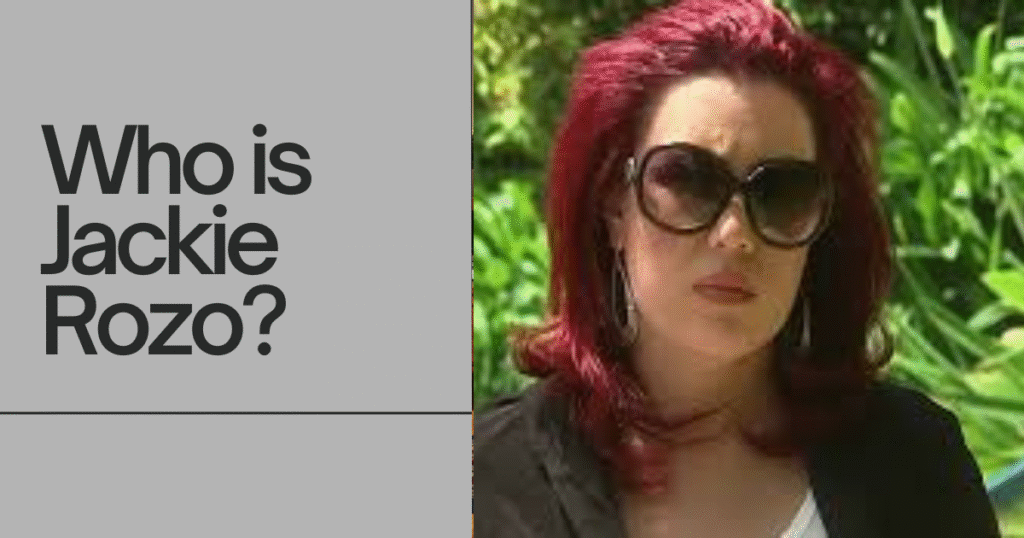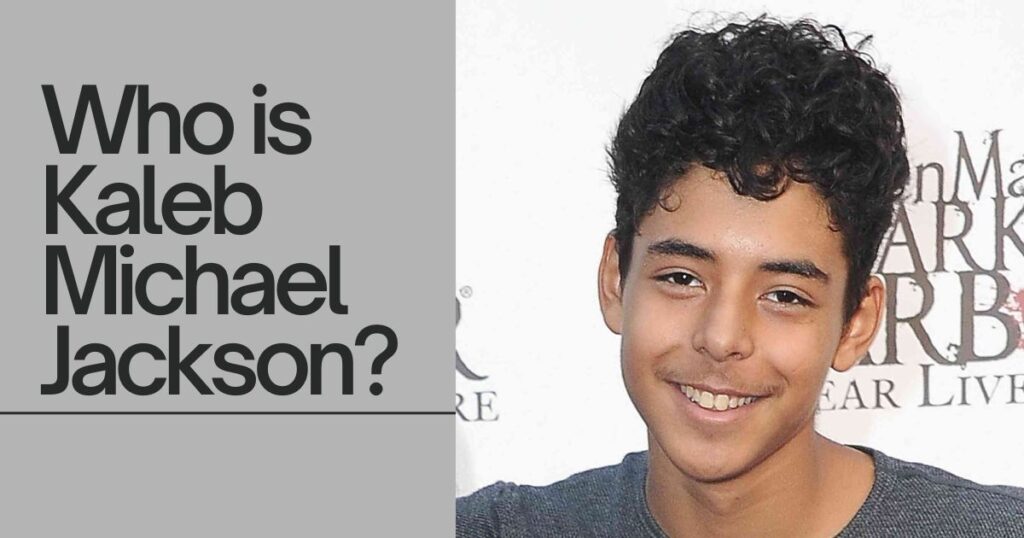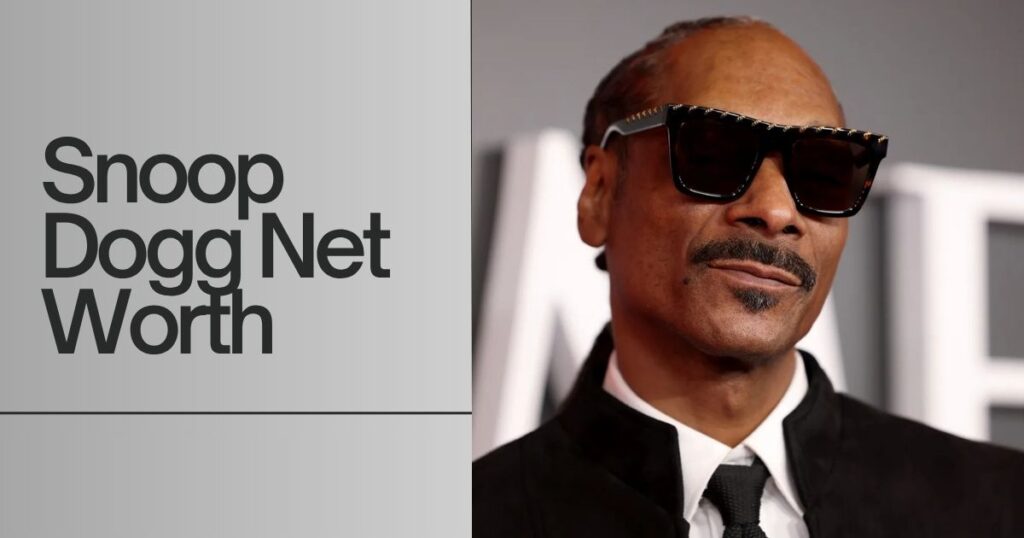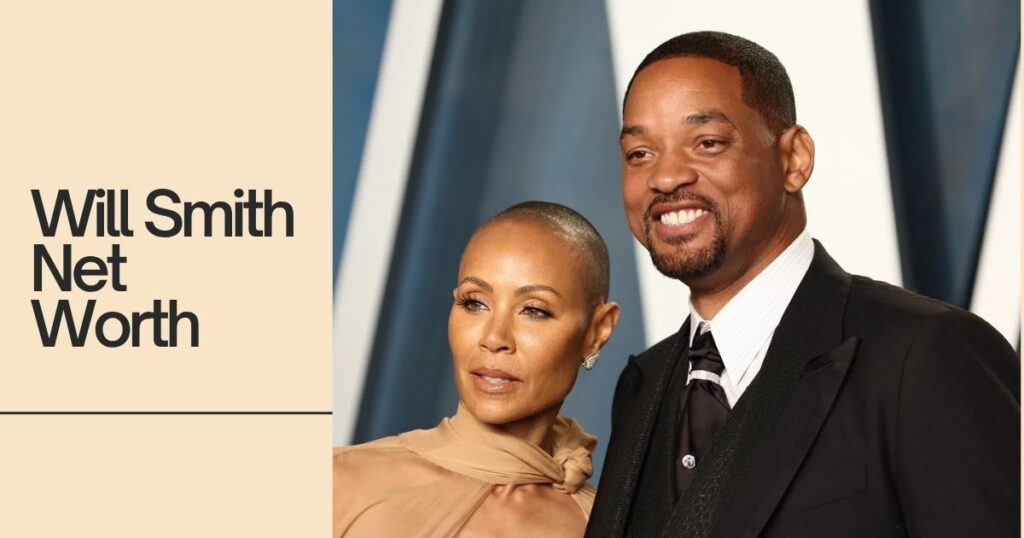Quick Facts About Jason Kolsevich
| Category | Details |
| Full Name | Jason Kolsevich |
| Profession | Management Consultant, Joint Venture Advisor |
| Company | Water Street Partners (now part of Ankura) |
| Spouse | Paula Reid (CNN Senior Legal Affairs Correspondent) |
| Marriage Year | 2018 |
| Children | Daughter Jordan (born June 6, 2022) |
| Specialization | Corporate Strategy, Joint Ventures, International Business |
| Notable Work | American Chamber of Commerce in China |
| Public Presence | Minimal (intentionally private) |
| Career Focus | Confidential client advisory, strategic partnerships |
What does it take to build a successful career while your spouse reports on presidential scandals and Supreme Court decisions to millions of viewers? Jason Kolsevich knows the answer. While CNN’s Paula Reid faces cameras daily covering the nation’s most contentious political stories, her husband operates in the shadows of corporate boardrooms, structuring billion-dollar joint ventures and advising Fortune 500 companies on their most sensitive partnerships.
Who is Jason Kolsevich? He’s not just “Paula Reid’s husband”—he’s a specialized management consultant whose expertise in joint ventures and international business strategy places him among an elite group of advisors that most people never see but whose work shapes the global economy. His career path reveals how some professionals achieve significant impact without ever seeking public recognition.
This article uncovers the real story behind Jason Kolsevich’s career, his relationship with one of America’s most prominent journalists, and why his approach to privacy and professional excellence offers valuable lessons for anyone navigating careers in confidential industries.
Jason Kolsevich is a management consultant and joint venture specialist at Water Street Partners (acquired by Ankura in 2020). He’s married to CNN senior legal affairs correspondent Paula Reid, with whom he has a daughter named Jordan. Kolsevich specializes in corporate strategy, focusing on joint venture transactions, governance, and international business partnerships. He maintains an extremely private profile despite his wife’s high-visibility journalism career, representing a growing trend of professionals who build successful careers without public platforms.
Who Is Jason Kolsevich? Understanding the Man Behind the Privacy
Jason Kolsevich is a management consultant who has built his career at the intersection of corporate strategy and international business. Unlike his wife Paula Reid, whose face appears regularly on CNN covering legal and political developments, Kolsevich operates in a world where discretion isn’t just preferred—it’s professionally required.
His professional identity centers on joint venture advisory work at Water Street Partners, a specialized consulting firm that was acquired by global advisory firm Ankura in 2020. This acquisition brought together two powerhouses in the strategic advisory space, with Water Street contributing expertise in partnership structures that have shaped transactions worth over $750 billion globally.
What makes Kolsevich particularly interesting isn’t just his professional accomplishments but his approach to balancing public and private life. He married Paula Reid in 2018, creating a household where one partner operates under constant media scrutiny while the other maintains near-total anonymity. This dynamic requires intentional boundaries and mutual respect for each person’s career demands.
Born in the United States (specific location unconfirmed), Kolsevich’s exact age remains undisclosed, though various sources estimate he’s in his late 30s to early 40s based on career timeline and educational background. This lack of confirmed biographical detail isn’t accidental—it reflects both his personal preferences and the confidential nature of his professional work, where client relationships depend on advisors who can maintain discretion.
His approach to privacy extends beyond avoiding social media. Kolsevich rarely appears in photographs, gives no interviews, and maintains no public professional profiles beyond basic LinkedIn information. In an era where personal branding has become almost mandatory for career advancement, his success without visibility challenges conventional wisdom about professional development.
The Joint Venture Consulting World: What Jason Kolsevich Actually Does
To understand who Jason Kolsevich is professionally, you need to understand what joint venture consultants actually do. This specialized field sits at the intersection of corporate strategy, legal structuring, and relationship management—and it’s far more complex than most people realize.
Joint ventures occur when two or more companies create a separate business entity to pursue shared goals while maintaining their independence. These partnerships range from simple collaborations to multi-billion dollar enterprises involving complex governance structures, shared intellectual property, and coordinated operations across multiple countries.
Water Street Partners, where Kolsevich works, specializes in three key areas of joint venture advisory:
Transaction Advisory: Helping companies negotiate, structure, and launch new joint ventures. This involves financial modeling, risk assessment, governance design, and contract negotiation. Consultants like Kolsevich guide clients through decisions that can determine whether a partnership succeeds or fails spectacularly.
Governance Services: Once joint ventures are established, they need effective governance systems. This includes board composition, decision-making protocols, dispute resolution mechanisms, and performance metrics. Kolsevich’s work likely involves advising boards and management teams on optimizing these structures.
Portfolio Management: Large corporations often manage dozens of joint ventures simultaneously. Strategic advisors help companies evaluate which partnerships deliver value, which need restructuring, and which should be dissolved. This requires analyzing performance data, benchmarking against industry standards, and providing actionable recommendations.
The work demands several critical skills. First, analytical rigor to evaluate complex financial and operational data. Second, diplomatic finesse to navigate relationships between partners with competing interests. Third, strategic vision to see how partnerships fit into broader business objectives. Fourth, discretion to handle sensitive competitive and financial information.
This explains why Kolsevich maintains such a low profile. When you’re advising companies on billion-dollar partnerships, confidentiality isn’t optional. Clients pay premium fees precisely because advisors like Kolsevich can be trusted with their most sensitive strategic information. Any public visibility could compromise that trust.
The financial rewards in this field reflect its specialized nature. Senior consultants at firms like Water Street Partners typically earn substantial compensation—industry sources suggest base salaries of $200,000-$400,000 plus performance bonuses that can significantly increase total earnings. Partnership-track consultants can eventually earn well into seven figures annually.
International Experience: Jason Kolsevich’s Work in China
One particularly interesting aspect of Jason Kolsevich’s background involves his work with the American Chamber of Commerce in China. This experience, though not extensively documented, reveals important dimensions of his expertise and provides context for understanding his career trajectory.
The American Chamber of Commerce in China (AmCham China) serves as a critical bridge between U.S. businesses and Chinese markets. It provides advocacy, networking, information, and business support services for companies navigating one of the world’s most complex business environments. Anyone working with or for AmCham China gains exposure to high-stakes international business challenges.
Kolsevich’s involvement with this organization suggests several things about his professional capabilities. First, it indicates comfort operating in culturally complex environments where business practices differ significantly from Western norms. China’s business culture emphasizes relationships (guanxi), indirect communication, and long-term trust-building—skills that translate directly to joint venture work where partnership success depends on managing cross-cultural relationships.
Second, China experience demonstrates an understanding of regulatory complexity. China’s business environment involves navigating government relationships, understanding evolving regulations, and managing political risk. These capabilities prove invaluable when advising on international joint ventures where regulatory considerations often determine partnership structure and viability.
Third, his China work likely exposed him to industries where joint ventures aren’t just common—they’re often legally required. China has historically required foreign companies to enter joint ventures with Chinese partners in certain sectors. This creates both opportunities and challenges that consultants must understand to provide effective advice.
The timing of Kolsevich’s China involvement (reported around 2020) coincided with increasing U.S.-China tensions and growing scrutiny of business relationships between the two countries. Working in this environment required navigating not just business complexity but also geopolitical sensitivity—another skill that proves valuable in high-stakes consulting.
His international experience also likely influences how he approaches his relationship with Paula Reid. Her journalism regularly covers international affairs, national security, and political developments that intersect with global business. Kolsevich’s firsthand understanding of international business complexity probably provides valuable perspective on stories she covers, even if he never appears on camera to discuss them.
Career Trajectory: Building Expertise in Confidential Industries
How does someone build a career like Jason Kolsevich’s? The path to becoming a senior consultant at a specialized firm like Water Street Partners typically follows several possible routes, though Kolsevich’s specific journey remains largely undocumented due to his privacy preferences.
Most joint venture consultants come from one of three backgrounds. The first path involves management consulting firms like McKinsey, Bain, or Boston Consulting Group. Notably, Water Street Partners was founded by former McKinsey consultants who led the firm’s joint venture and alliance practice globally. Consultants from these firms develop analytical frameworks, client management skills, and strategic thinking capabilities that transfer directly to specialized practices.
The second path comes through corporate development roles inside large companies. Executives who manage acquisitions, partnerships, and strategic initiatives gain practical experience structuring deals and managing complex relationships. Some eventually transition to advisory roles where they can apply this expertise across multiple clients and industries.
The third path involves combining business education with operational experience. An MBA from a top business school provides theoretical frameworks and networking opportunities, while subsequent roles in finance, operations, or strategy build practical skills. Many consultants combine these elements, moving between corporate roles, consulting positions, and occasionally entrepreneurial ventures.
Regardless of which path Kolsevich followed, reaching a senior position at Water Street Partners required demonstrating several key capabilities:
Analytical Excellence: The ability to dissect complex business situations, identify critical issues, and develop actionable recommendations. This involves financial modeling, competitive analysis, and strategic assessment skills that most professionals never fully develop.
Client Relationship Management: Consulting success depends on building trust with senior executives who face high-stakes decisions. Kolsevich’s ability to maintain long-term client relationships while respecting confidentiality likely contributed significantly to his career advancement.
Industry Knowledge: While joint venture principles apply across sectors, deep understanding of specific industries enhances advisory quality. Whether in energy, healthcare, technology, or manufacturing, knowing industry dynamics allows consultants to provide more relevant and practical guidance.
Professional Reputation: In fields where discretion matters, reputation becomes currency. Consultants who consistently deliver results while maintaining confidentiality build reputations that generate referrals and repeat business. Kolsevich’s apparent success suggests he’s built exactly this kind of professional credibility.
The timeline of his career advancement likely accelerated when Water Street Partners was acquired by Ankura in 2020. This acquisition brought together two complementary capabilities—Water Street’s joint venture specialization and Ankura’s broader business advisory services. For consultants like Kolsevich, this expansion created opportunities to work on larger, more complex engagements while maintaining the specialized focus that defined Water Street’s reputation.
Meeting Paula Reid: When Journalism Meets Corporate Strategy
The relationship between Jason Kolsevich and Paula Reid represents a fascinating case study in how professionals from vastly different career worlds can build a successful partnership. They married in 2018, bringing together a CNN journalist whose job involves maximizing visibility and a consultant whose career depends on maintaining invisibility.
Paula Reid’s journalism career puts her in contentious situations regularly. She’s covered presidential administrations, Supreme Court nominations, and major political scandals. Her work requires asking tough questions, challenging official narratives, and maintaining credibility under intense pressure. This naturally creates public visibility—people recognize her face, know her name, and have opinions about her reporting.
Kolsevich’s world operates by completely opposite principles. His clients hire him precisely because he won’t discuss their business publicly. The value he provides depends partly on his ability to disappear into confidential client relationships where nothing leaves the room. His professional success requires anonymity in the same way Paula’s requires visibility.
Making this dynamic work requires intentional boundaries and mutual respect. Several factors likely contribute to their successful partnership:
Separate Professional Spheres: They don’t overlap professionally. Paula doesn’t cover business consulting stories. Jason doesn’t comment on political developments. This separation allows each to maintain their professional identity without compromising the other’s career requirements.
Aligned Values: Despite different career paths, they likely share underlying values about professionalism, integrity, and work excellence. Both fields require dealing with powerful people, managing complex information, and maintaining ethical standards under pressure.
Complementary Skills: Paula’s job involves distilling complex information for public consumption. Jason’s requires synthesizing business complexity into actionable advice. Both excel at analysis and communication, just for different audiences and purposes.
Privacy Agreement: They’ve clearly established boundaries about what gets shared publicly. Paula occasionally mentions her family in appropriate contexts, but never in ways that compromise Jason’s privacy or professional discretion. This mutual respect for boundaries makes their unusual dynamic sustainable.
Their relationship also demonstrates something important about modern professional partnerships: success doesn’t require both partners to pursue similar career visibility. The assumption that spouses should match each other’s public profile creates unnecessary pressure. Kolsevich and Reid show that complementary approaches—one public, one private—can work perfectly well when both partners respect each other’s choices.
Family Life: Parenting with Purpose and Privacy
Jason Kolsevich and Paula Reid welcomed their daughter Jordan on June 6, 2022. The announcement came through People magazine with exclusive photos, offering a rare window into their private family life before the curtains closed again.
The name choice—Jordan—carries no obvious public connection to either parent’s career or background, which fits their privacy philosophy. Unlike celebrities who choose attention-grabbing names or honor famous relatives, Kolsevich and Reid selected a name that’s both common and meaningful without broadcasting family history or values to strangers.
Since Jordan’s birth, both parents have maintained their established approach to privacy. Paula Reid occasionally references motherhood in appropriate professional contexts—she’s discussed balancing journalism demands with parenting responsibilities—but never in ways that expose Jordan to unnecessary attention. Kolsevich, predictably, maintains complete silence on the topic publicly.
This parenting approach reflects several deliberate choices:
Protecting Childhood Autonomy: By keeping Jordan largely out of public view, they’re preserving her ability to develop her own identity without being defined as “the daughter of CNN’s Paula Reid” or growing up in photographs and videos she never consented to sharing.
Managing Digital Footprints: Once images and information appear online, they’re permanent. By limiting what’s shared about Jordan, her parents prevent the accumulation of a digital history that could affect her future—whether in college applications, job searches, or personal relationships.
Preventing Security Risks: Paula Reid’s journalism covers controversial topics that generate strong opinions. Maintaining privacy for their daughter reduces security concerns that could arise from Jordan being recognizable or her routines being predictable through social media.
Modeling Healthy Boundaries: By demonstrating that successful professional lives don’t require broadcasting every personal moment, they’re showing Jordan that privacy and dignity remain valuable even in an oversharing culture.
The decision to announce Jordan’s birth through People magazine rather than social media reveals their strategic thinking. A single, controlled release satisfied public curiosity without creating an ongoing expectation of updates. The exclusive photos served a specific purpose—announcing significant family news—and then the door closed again.
This approach contrasts sharply with celebrity parents who build brands partly around their children, sharing constant updates and creating commercial opportunities through family content. There’s nothing inherently wrong with either approach, but the difference reveals what each family values. For Kolsevich and Reid, protecting their daughter’s privacy clearly takes priority over any benefit that might come from sharing her childhood publicly.
The Economics of Privacy: What Jason Kolsevich’s Career Affords
Understanding who Jason Kolsevich is requires acknowledging the financial dimensions of his career choices. Working as a senior consultant at a specialized advisory firm provides not just professional satisfaction but also financial security that enables the lifestyle choices he and Paula Reid have made.
Management consulting, particularly at specialized firms advising on high-stakes transactions, commands premium fees. While Water Street Partners doesn’t publicly disclose employee compensation, industry benchmarks provide reasonable estimates. Senior consultants at boutique advisory firms typically earn:
Base Compensation: Annual salaries ranging from $200,000 to $400,000 depending on seniority, expertise, and firm size. Partners and managing directors often earn significantly more.
Performance Bonuses: Annual bonuses often equal 50-100% of base salary, tied to individual performance, firm profitability, and successful client outcomes.
Profit Sharing: Partners typically receive profit distributions beyond base compensation and bonuses, potentially adding hundreds of thousands or millions annually at successful firms.
These financial rewards reflect the specialized nature of the work. Companies pay premium fees for joint venture advisory because the decisions involved can determine whether billion-dollar partnerships succeed or fail. Advisors who consistently deliver value on high-stakes engagements command corresponding compensation.
Financial security changes how professionals approach career decisions. For Kolsevich, substantial earnings provide several freedoms:
Career Choice Freedom: He can focus on work he finds intellectually stimulating rather than chasing higher-paying opportunities in fields he might enjoy less. Financial security allows optimizing for professional satisfaction rather than maximizing income.
Privacy Protection: When you’re financially secure, you don’t need to build a personal brand for career advancement. Kolsevich can maintain privacy without worrying that anonymity will hurt his earning potential, since his reputation within professional networks matters more than public visibility.
Family Life Quality: Dual high incomes from his consulting work and Paula Reid’s journalism career provide resources for quality childcare, comfortable housing, and financial security that reduces stress and supports their daughter’s upbringing.
Geographic Flexibility: While unconfirmed, the Kolsevichs likely live in the Washington, D.C. area where both Paula’s CNN work and Jason’s consulting firm are based. High dual incomes make this expensive region affordable while accessing career opportunities that might not exist elsewhere.
It’s worth noting that financial success in consulting isn’t automatic or easy. Kolsevich’s compensation reflects years of building expertise, managing client relationships, and delivering results in high-pressure situations. The work involves long hours, frequent travel (particularly pre-pandemic), and constant pressure to justify premium advisory fees through exceptional performance.
Privacy Strategies: How Kolsevich Maintains Anonymity
In 2025, maintaining privacy requires sophisticated strategies that go beyond simply avoiding social media. Jason Kolsevich’s near-total anonymity despite being married to a prominent journalist reveals a carefully constructed approach to privacy management. Here’s how he likely maintains his low profile:
Digital Discipline
Start with the basics: Kolsevich maintains minimal social media presence. This isn’t just about not posting—it’s about preventing others from tagging, mentioning, or sharing information about you. This requires:
- Not creating accounts on major platforms (or creating locked-down private accounts under different names)
- Asking family and friends to avoid tagging or mentioning you
- Monitoring for unauthorized use of your name or images
- Having protocols for requesting removal of unwanted content
Professional Separation
Kolsevich appears to maintain strict separation between his professional identity and public searchability:
- Not claiming or verifying professional profiles beyond what’s necessary
- Working in roles that don’t require public visibility or media appearances
- Contributing to projects where credit goes to firms rather than individuals
- Focusing on client-facing work rather than thought leadership or public speaking
Strategic Information Control
When information must exist publicly, controlling what’s shared and how it’s framed matters:
- Providing minimal biographical details on necessary professional profiles
- Never confirming or denying speculative information about age, background, or personal details
- Allowing uncertainty about details that don’t matter professionally
- Maintaining consistency in what limited information is shared
Physical Privacy
Privacy extends beyond digital spaces into physical world behaviors:
- Avoiding public events where photography is expected
- Declining to appear in spouse’s work-related photos or coverage
- Choosing private celebrations over public venues for family events
- Being strategic about when and where you appear in spaces where you might be recognized
Legal and Professional Boundaries
Using professional and legal tools to maintain privacy:
- Non-disclosure agreements in professional work that prevent clients from discussing engagements publicly
- Privacy settings on any necessary public records
- Professional contracts that specify confidentiality expectations
- Clear agreements with spouse about what’s acceptable to share publicly
This comprehensive approach requires discipline and consistency. One social media slip, one public appearance, one interview could undermine years of privacy maintenance. That Kolsevich has maintained this level of anonymity despite being married to someone whose face regularly appears on national television demonstrates exceptional commitment to privacy as a core value.
What Most Profiles Get Wrong About Jason Kolsevich
Numerous online profiles and articles about Jason Kolsevich contain speculative or unverified information presented as fact. Understanding what’s confirmed versus what’s speculation matters for anyone researching him:
Age and Birthdate: Multiple sources list specific ages or birth years, but these appear to be estimates rather than confirmed facts. Without official records or statements from Kolsevich himself, these details should be treated as approximate at best.
Net Worth Estimates: Various sites confidently state Kolsevich’s net worth at specific figures (often ranging wildly from hundreds of thousands to millions). These numbers lack credible sourcing. Net worth calculations require knowing someone’s assets, liabilities, income, and investments—information Kolsevich has never disclosed publicly. These estimates are pure speculation.
Educational Background: Some profiles list specific universities or degrees, but without verification these remain unconfirmed. In fields like management consulting, educational credentials typically appear on professional profiles if they’re prestigious. The absence of this information on Kolsevich’s minimal public presence suggests either he prefers not to share it or the information available online comes from unreliable sources.
Career Timeline: While we know Kolsevich works at Water Street Partners and has connections to China-focused work, specific dates, roles, and progression remain largely undocumented. Articles that present detailed career histories without citing sources should be viewed skeptically.
Personal Background: Details about childhood, family background, and early life rarely appear in reliable sources. Content that fills these gaps with specific details likely reflects creative writing rather than verified information.
This isn’t to criticize writers trying to provide comprehensive information. It’s to acknowledge that Kolsevich’s privacy strategy works—it creates information scarcity that leads to speculation filling the gaps. Responsible research requires distinguishing between what’s confirmed and what’s assumed.
Why Jason Kolsevich’s Approach Matters in 2025
Jason Kolsevich’s story matters because it challenges prevailing assumptions about career success and personal branding in the digital age. In a culture that increasingly equates visibility with value, he demonstrates that meaningful professional achievement doesn’t require public platforms or personal branding.
His approach offers several important lessons:
Privacy Remains Possible: Despite living in an era of surveillance capitalism and social media saturation, Kolsevich shows that deliberate privacy maintenance still works. It requires discipline and strategy, but it’s achievable even for people connected to public figures.
Professional Success Has Multiple Paths: The dominant career advice suggests building personal brands, maximizing visibility, and networking publicly. Kolsevich’s success in confidential advisory work proves that alternative paths exist where discretion becomes competitive advantage rather than career limitation.
Relationships Can Balance Different Publicity Levels: His partnership with Paula Reid demonstrates that couples don’t need matching approaches to public life. One partner’s visibility doesn’t obligate the other to similar exposure. Mutual respect for different career requirements and personal preferences can sustain successful relationships across this divide.
Children Can Grow Up Protected: In an age when many children develop extensive digital footprints before they can read, Kolsevich and Reid show that protecting childhood privacy remains possible even for parents with public careers. This choice preserves their daughter’s autonomy and protects her from risks that come with early visibility.
Value Comes From Impact, Not Recognition: Kolsevich’s work on billion-dollar joint ventures creates real economic impact and shapes how major companies operate globally. This influence doesn’t require recognition beyond the clients who benefit from his expertise. His career proves that meaningful work matters more than public acknowledgment of that work.
For professionals in confidential industries—attorneys, accountants, financial advisors, consultants, and many others—Kolsevich’s approach offers a model for building successful careers while maintaining personal privacy. You can excel in your field, earn substantial compensation, and achieve professional satisfaction without ever needing a LinkedIn following, speaking at conferences, or building a personal brand.
Current Status: Where Is Jason Kolsevich Now?
As of 2025, Jason Kolsevich continues his consulting work, though specific current projects and roles remain undisclosed due to both his privacy preferences and confidentiality requirements of his work. Following Ankura’s acquisition of Water Street Partners in 2020, he likely operates within the larger firm’s structure while maintaining focus on joint venture and partnership advisory services.
The Kolsevich-Reid family presumably continues to live in the Washington, D.C. metropolitan area, where both his consulting work and Paula’s CNN position are based. Their daughter Jordan would now be approximately two and a half years old, though no recent public information about family life has emerged—exactly as the couple appears to prefer.
Paula Reid continues her high-profile journalism career, currently serving as CNN’s senior legal affairs correspondent. Her reporting covers major legal and political developments, keeping her consistently visible in national media. This ongoing visibility makes Kolsevich’s sustained anonymity even more remarkable—as Paula’s prominence grows, maintaining his privacy requires increasingly careful management.
Industry developments suggest Kolsevich’s expertise remains in high demand. Joint venture activity globally continues growing, particularly in sectors like renewable energy, healthcare, and technology where complex partnerships help companies navigate innovation and market expansion. Consultants who understand partnership structuring, governance, and international business considerations remain valuable as companies seek competitive advantage through strategic alliances.
The evolution of consulting following the pandemic also potentially affects Kolsevich’s work. Remote collaboration technologies changed how consulting engagements operate, with more virtual meetings replacing travel-intensive traditional approaches. This shift might offer additional privacy benefits, allowing consultants to participate in high-level discussions without physical presence at events where they might be photographed or recognized.
Conclusion
Jason Kolsevich’s story reveals important truths about privacy, professional success, and personal choices in the digital age. As a specialized management consultant who has built a successful career while maintaining near-total anonymity, he demonstrates that meaningful achievement doesn’t require public platforms or personal visibility.
His expertise in joint venture advisory positions him among a small group of professionals who shape billion-dollar business partnerships while operating completely outside public view. This specialized knowledge, combined with international experience and strategic thinking capabilities, creates professional value that doesn’t depend on recognition beyond client circles. Meanwhile, his relationship with Paula Reid proves that couples can successfully balance vastly different levels of public exposure when mutual respect and clear boundaries exist.
Who is Jason Kolsevich? He’s a consultant who chose expertise over visibility, a husband who supports his spouse’s public career without sacrificing his own privacy, and a father protecting his daughter’s childhood from unnecessary exposure. His approach challenges assumptions about career development and personal branding while demonstrating that privacy remains achievable for those willing to prioritize it consistently.
In a culture increasingly dominated by oversharing and constant visibility, Kolsevich’s choices offer a valuable alternative model. His success proves you can build meaningful careers, maintain fulfilling relationships, and live according to your values without broadcasting your life to strangers. That’s a lesson worth learning, even if most people will never know much about the man teaching it.









